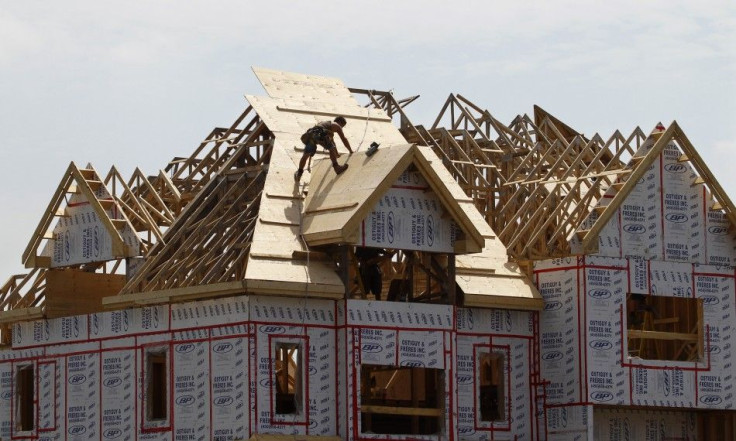Homebuilder Confidence Dips In July Over Supply Chain, Labor Woes
Homebuilder confidence slipped for the month of July as supply chain and labor challenges continue to be an issue for builders of single-family homes in the U.S.
According to the National Association of Home Builders/Wells Fargo Housing Market Index, builder confidence in the market for newly-built single-family homes inched down one point to 80 in July -- the lowest point in almost a year.
Reuters’ economists had projected the index to report an estimated reading of 82. The 80 reading for July was the lowest level for the index since August 2020, the news outlet said.
Readings of 50 or higher indicated that builders view the market conditions as good compared to poor.
“Builders are contending with shortages of building materials, buildable lots and skilled labor as well as a challenging regulatory environment,” NAHB Chief Economist Robert Dietz said in a statement. “This is putting upward pressure on home prices and sidelining many prospective home buyers even as demand remains strong in a low-inventory environment.”
Record home prices and a limited supply of homes have capped home sales, causing fewer consumers to believe that now is an ideal time to buy a house, Reuters said. However, housing starts in June are forecast to increase, a survey of economists told the news outlet. Housing start data is slated to release on Tuesday.
Single-family home sales expectations for the next six months jumped two points to a reading of 81 for the month, while current sales conditions declined one point to 86 for July, the NAHB index revealed. The prospective buyers’ index dipped six points to 65, according to NAHB.

© Copyright IBTimes 2025. All rights reserved.




















